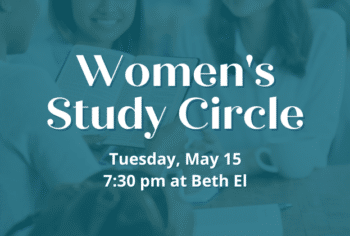Middah of the Month
What do community/kehilla, do not waste/bal tashchit, and bravery/gevurah have in common? These ideas are three of the 48 Jewish values/middot that are the core of what makes Judaism special. In 5785, Beth El will take a page from a program that has been happening for years in the Beth El Religious School – and each summer at many Jewish camps – as we celebrate and explore a different middah each month.
Middah of the Month: Gevurah / Bravery
In the month of Adar (March 1 – March 29), we will focus on Gevurah. Gevurah (גְבוּרָה) is often translated as “might.”However, might in its own right is not seen as a positive virtue in Jewish tradition.Rather, Judaism values might that is applied to a positive purpose.Accordingly, the translation of gevurah as “heroism” or “bravery” is far preferable to “might.”
